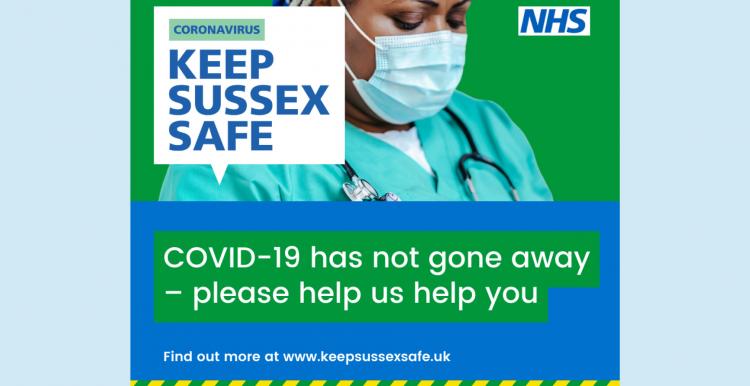Please continue to 'Help Us Help You'

Whilst, as a country, we have moved to the next phase of learning to live with COVID this does not mean COVID has gone away. Hospital and healthcare settings still need to be extremely vigilant to limit the spread of infection because of the vulnerable people in their care. That means, in some cases, they need to take extra measures to those being used in our communities.
The NHS are seeing a rise in people coming into hospital for other reasons who also have COVID.
When someone comes in with COVID it means they need to be treated separately from those who are infection free to limit the spread of the virus and keep people safe. This puts pressure on the space and staffing in our hospitals.
The NHS also continue to see rising numbers of staff who are off work with COVID. This, again, puts extra pressure on services and those staff who are working.
All system partners continue to work extremely hard to ensure our communities have been able to access the care they need in the most timely way. Whilst also working extremely hard to treat and care for people who may have been waiting for care as a result of the pandemic.
The NHS is asking the public to play their part in helping the NHS provide the best possible services during this extremely busy time. The Help Us Help You campaign has clear messages on the key actions we need the public to take:
- Use the right services for your needs at the right time
- Save emergency services for saving lives
- Be patient with NHS staff, they are trying to keep people safe
- Wear a mask in hospital and healthcare settings
- If you can, have a lateral flow test before attending a healthcare setting
- Get your vaccines to protect yourself against COVID and flu
- As A&Es and UTC are busy, if you have time to prepare for your visit then you may wish to take a drink and snacks with you
It is important that during this time you do not delay in coming forward with health concerns so we are urging you to continue to use services in the most appropriate way.
You should:
- Contact your GP as you normally do if you have an urgent, persistent or worrying health concern
- Phone 111 for 24/7 medical help and advice
- Use pharmacies
- Only use urgent treatment centres in the communities for urgent issues.


